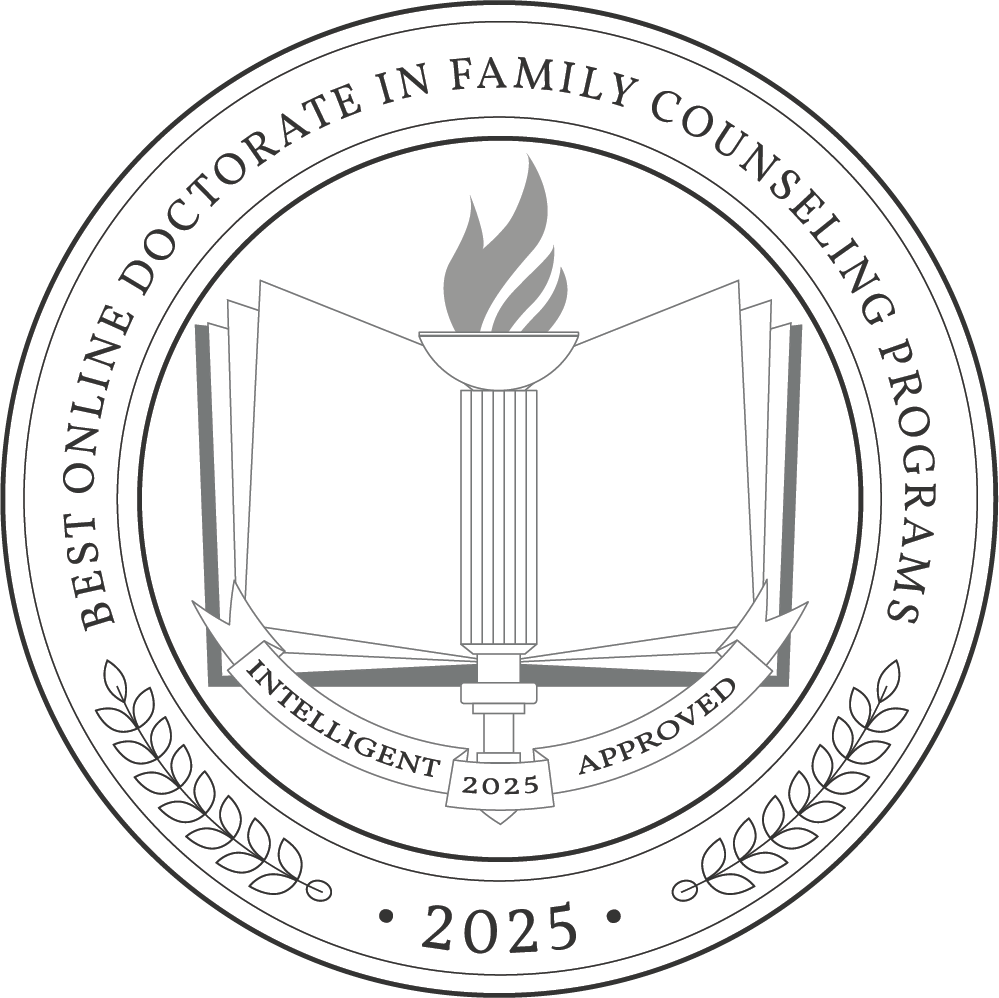An online doctorate in family counseling is an excellent decision for those passionate about helping families and couples navigate emotional and relational challenges. Ideal for professionals committed to advancing their knowledge and leadership in the field, these programs cultivate critical skills in counseling techniques, research, and ethical practice.
Graduates are well-prepared for careers as Licensed Marriage and Family Therapists, where they can earn a median salary of $58,510, with the potential for higher earnings — upwards of $104,710 for the top 10% in this field. Others may pursue academic positions, teaching future counselors, with a median salary of $105,650.
Regardless of your career path, earning this high-level degree online offers a flexible, accessible route to achieving your goals. It is often completed in five to seven years and has an average annual tuition cost of $20,513.
Why Trust Us
The Intelligent.com Higher Education Team is dedicated to providing students with independent, equitable school and program rankings and well-researched resources. Our expert-driven articles cover topics related to online colleges and programs, paying for school, and career outlooks. We use data from the U.S. Department of Education’s College Scorecard, the National Center for Education Statistics, and other reputable educational and professional organizations. Our academic advisory team reviews content and verifies accuracy throughout the year for the most current information. Partnerships do not influence rankings or editorial decisions.
- Analyzed over 2,000 national, accredited, and nonprofit colleges and universities
- 800+ rankings pages are reviewed and updated yearly
- Content is informed by reputable sources, surveys, and interviews with academic advisors and other experts
- Over 100 data points are reviewed for accuracy and quality throughout the year, including sources
How we rank schools
Our list features the best online Family Counseling degree programs at top colleges nationwide. Each school featured is a nonprofit, accredited institution — either public or private — with a high standard of academic quality for post-secondary institutions.
We evaluated each school’s program on tuition costs, admission, retention and graduation rates, faculty, reputation, and the student resources provided for online students. We collected data from trusted sources like the National Center for Education Statistics, individual school and program websites, school admissions counselors, and other data sources. Then, we calculated the Intelligent Score on a scale of 0 to 100 based on the following criterion:
Academic Quality:
- Admission rate versus enrollment rate
- Retention rate of students who return after year one
- Accreditation status (regional and programmatic)
- Nonprofit status, both private and public institutions
Graduation Rate
- Overall graduation rate
- Total number of currently enrolled students, including diversity metrics
- Student-to-faculty ratio
Cost and ROI
- In-state and out-of-state per-credit tuition rates and fees
- Required credits to graduate
- Earning potential after graduation
- Availability of federal student loans, scholarships, and other financial aid options
Student Resources
- Available student services for online-only and hybrid programs
- On-campus amenities like tutoring centers and the number of libraries
Read more about our ranking methodology.
Best 8 Accredited Online Doctorate in Family Counseling Programs
FiltersInstitution Type
Status
- Intelligent Score
- Alphabetically By University Name
- Acceptance Rate
- Enrollment
- In-state Graduate Tuition
- Out-of-state Graduate Tuition
- In-state Undergraduate Tuition
- Out-of-state Undergraduate Tuition

Liberty University
Intelligent Score: 98.48In-state: $14,791
Out-of-state: $14,791
In-state: $7,935
Out-of-state: $7,935
SAT: 1040-1250
ACT: 21-29
$595
Online
Southern Association of Colleges and Schools Commission on Colleges
57

National University
Intelligent Score: 96.86In-state: $13,320
Out-of-state: $13,320
In-state: $15,480
Out-of-state: $15,480
SAT: N/A
ACT: N/A
$1,161 - $1,220
Online
Western Association of Schools and Colleges
60-63
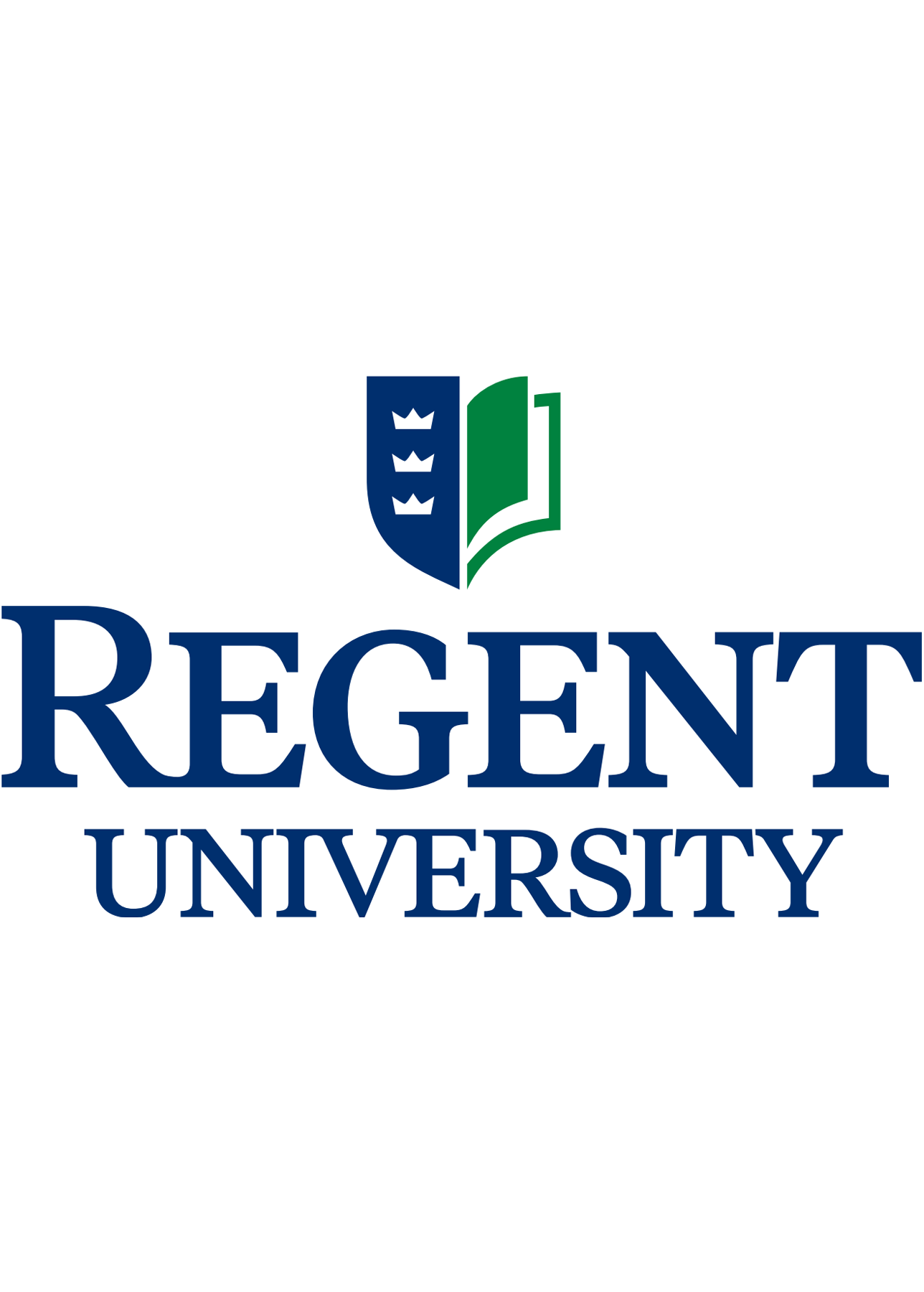
Regent University
Intelligent Score: 95.69In-state: $17,220
Out-of-state: $17,220
In-state: $15,552
Out-of-state: $15,552
SAT: 940-1220
ACT: 21-29
$695
Online
Southern Association of Colleges and Schools Commission on Colleges
51
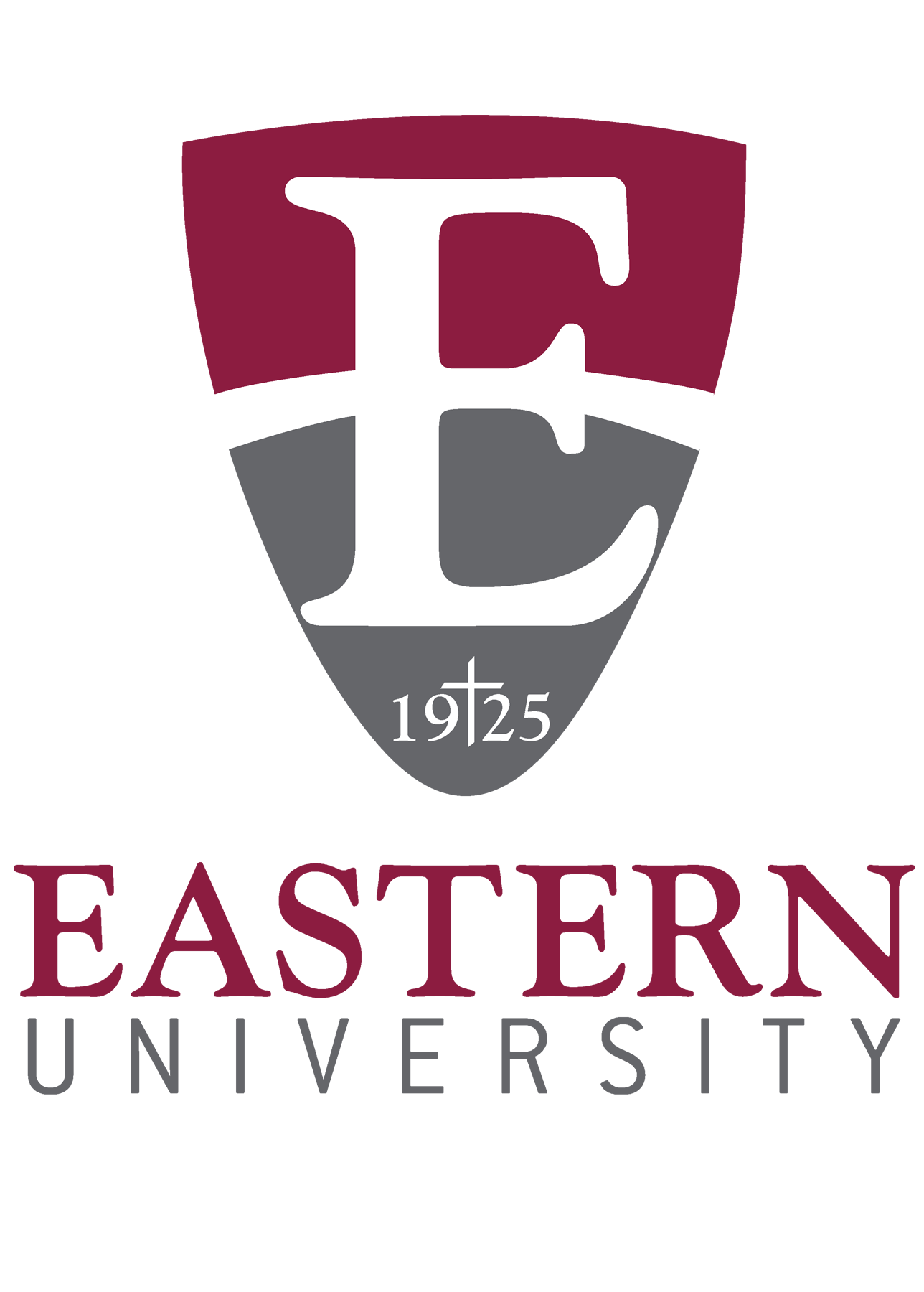
Eastern University
Intelligent Score: 94.31In-state: $34,136
Out-of-state: $34,136
In-state: $13,374
Out-of-state: $13,374
SAT: 1010-1190
ACT: 20-24
$450 - $790
Online
New England Commission of Higher Education
60
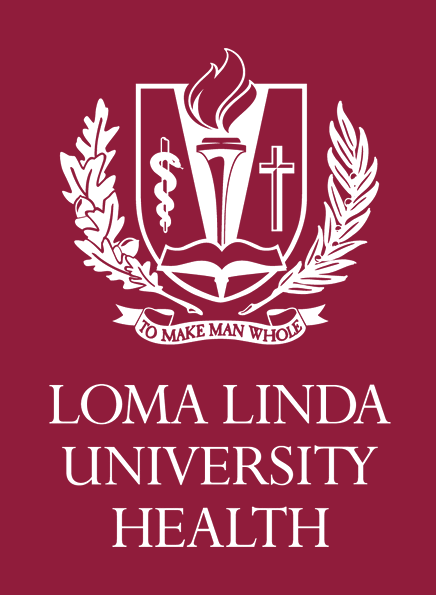
Loma Linda University
Intelligent Score: 93.38In-state: $37,332
Out-of-state: $37,332
In-state: $45,790
Out-of-state: $45,790
SAT: Not Required
ACT: Not Required
$767
Online
Commission on Accreditation for Marriage and Family Therapy Education
77
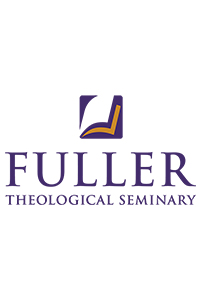
Fuller Theological Seminary
Intelligent Score: 93.12In-state: NA
Out-of-state: NA
In-state: $59,288
Out-of-state: $59,288
SAT: 1235
ACT: 27
$985
Online, Hybrid
Western Association of Schools and Colleges
70
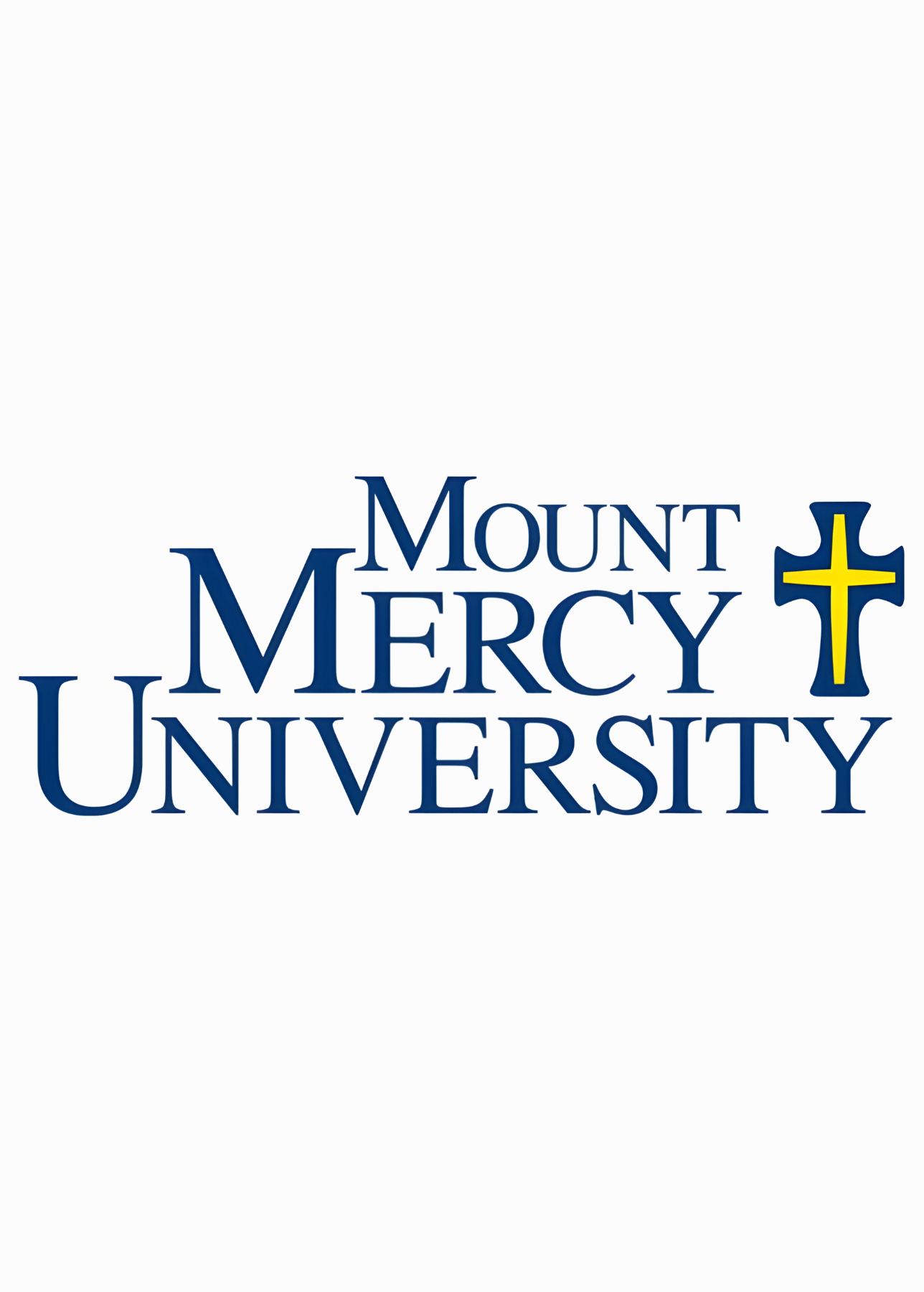
Mount Mercy University
Intelligent Score: 92.91In-state: $34,506
Out-of-state: $34,506
In-state: $10,800
Out-of-state: $10,800
SAT: N/A
ACT: N/A
$760
Online, On-Campus
Higher Learning Commission
60
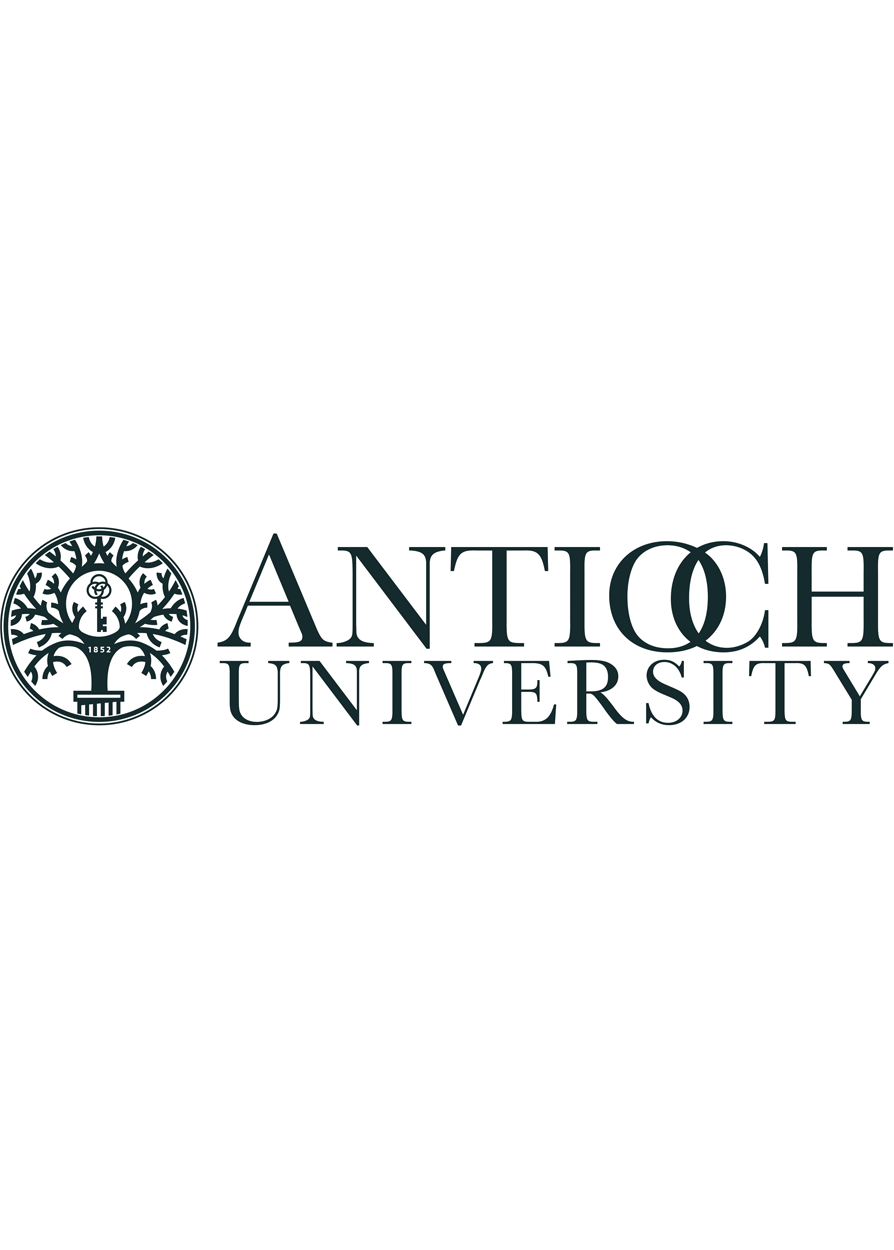
Antioch University
Intelligent Score: 92.29In-state: $69,040
Out-of-state: $69,040
In-state: $62,538
Out-of-state: $62,538
SAT: Not Required
ACT: Not Required
$566
Online
Commission on Accreditation for Marriage and Family Therapy Education
86-89
How to Choose an Online Doctorate in Family Counseling Program
Choose your area of study
While family counseling is already specialized, you can further tailor your education to your career goals by choosing an area of study. This might mean asking yourself:
- What populations do I want to work with?
- What issues am I enthusiastic about addressing?
- What setting do I see myself working in?
Potential focus areas may include trauma and crisis counseling for those passionate about helping families recover from traumatic events; marriage and couple therapy, best for those who wish to specialize in relationship dynamics; or multicultural counseling, perfect for students dedicated to serving diverse communities with cultural sensitivity.
Research schools and programs
Once you have a specialization in mind, you can begin researching schools and programs in earnest. Consider using the following questions to guide your search:
- Does the program offer courses and faculty experience in my chosen specialization>
- What is the program’s reputation, especially in my area of interest?
- Are there opportunities for networking, internships, or research?
- What are the program’s graduation rates and student support services like?
Most of this information is readily available on program websites, but you can also contact an admissions counselor and attend a virtual open house.
Prepare for tests and applications
Any application can feel daunting, but doctoral applications can feel even more intimidating for many students. With some careful planning, you can navigate this process with ease.
Start by gathering transcripts and letters of recommendation well in advance to avoid delays. Devote ample time to writing your personal statement or statement of purpose, edited to each program’s requirements. Revise your resume to illustrate relevant experience and achievements.
Though many programs at this level don’t require GRE scores, if yours does, consider enrolling in a test prep program to make your application even more compelling.
Select your program
When acceptance letters arrive, you may have a big decision to make. Take some time to revisit your initial research criteria, focusing on the factors that matter most to you – such as curriculum relevance, faculty you’re excited to learn from, and flexibility in course scheduling.
This is also a crucial time to reassess the total cost of attendance. Compare tuition and fees across programs, factoring in any financial aid offers like scholarships, grants, or fellowships. Weighing these costs against the quality and outcomes of each program can help you make an informed decision that aligns with your academic and career goals.
Determine how you’ll pay for your degree
To minimize debt while pursuing this degree, prioritize financial aid opportunities. Scholarships, grants, and fellowships — typically merit- or need-based — are great forms of financial aid that don’t need to be repaid. Next, explore assistantships that offer stipends or tuition waivers in exchange for research or teaching duties. If you’re already employed, ask if your employer offers tuition reimbursement as part of their benefits.
When loans are necessary, opt for federal loans first, as they usually have lower interest rates and more flexible repayment options than private loans.
What Can You Expect From an Online Doctorate in Family Counseling Program?
By pursuing an online doctorate in family counseling, you’ll gain an in-depth understanding of high-level counseling theories, techniques, and research methods. You can expect to engage in core coursework covering family systems, human development, and ethics. Virtually all programs require a certain number of elective hours, allowing for specialization in trauma, addiction, or multicultural counseling.
These programs typically include comprehensive exams and a dissertation, ensuring mastery of your subject and allowing you to contribute original research to the field. These elements help illustrate your expertise, making you a more competitive candidate for academia, clinical practice, or policy-making leadership roles.
While most programs are fully online, some may include hybrid components to improve networking and practical experience. This offers a flexible yet high-quality education accessible from anywhere.
Potential courses you’ll take in an online doctorate in family counseling program
- Family Systems Theory: A fundamental course in most doctoral programs, this class explores family dynamics and systems theory, helping students understand and analyze how different family members interact and influence one another. Students learn to apply these theories to assess and treat dysfunctional family patterns.
- Counseling Ethics and Legal Issues: Another core requirement, this class covers confidentiality, informed consent, and professional boundaries, preparing students to navigate ethical dilemmas in their practice. While some programs may consider these two classes separate, many combine the two topics into one course.
- Multicultural Counseling: This course is a core requirement in most modern programs. It examines the impact of culture, race, and ethnicity on family dynamics and counseling practices. Participants learn culturally competent strategies to effectively counsel diverse populations, fostering inclusivity in their professional work.
- Research Methods in Counseling: Focused on qualitative and quantitative research techniques, this class equips students with the skills to design, conduct, and analyze research studies in family counseling. These skills are critical for completing their dissertation and contributing to evidence-based practices.
- Trauma and Crisis Intervention: This upper-level course teaches advanced strategies for assessing and treating individuals and families affected by trauma and crisis. It covers immediate intervention techniques and long-term therapeutic approaches to support recovery and resilience.
Online Doctorate in Family Counseling Degree Frequently Asked Questions
How do I apply to an online doctorate in family counseling degree program?
While some application requirements may vary by school, many share the same standard criteria — including:
- A master’s degree in counseling, psychology, or a related field
- Transcripts from all previously attended institutions
- Minimum GPA (usually 3.0 or higher)
- Letters of recommendation
- A personal statement
- A current resume
Speaking with an admissions counselor is essential to ensure you meet all program-specific requirements and to gain additional insights into how the program aligns with your career goals.
How much does an online doctorate in family counseling degree cost?
The average annual tuition for graduate programs is $20,513. However, it’s important to note that tuition is only one part of the overall expense. In addition to tuition, you’ll also need to budget for textbooks, technology fees, and any required software. While these costs can add up over time, many online students save on expenses like commuting, parking, and housing, which are typical for traditional, in-person programs.
How long does it take to earn an online doctorate in family counseling degree?
Obtaining this degree typically takes around five years: two years for coursework and three years for the dissertation. Programs with part-time options may allow up to seven years for completion.
The total time can vary depending on your program’s specific credit requirements, so it’s important to double-check these details before enrolling. Understanding these requirements ensures you can plan your schedule effectively and meet your career goals within your desired timeframe.
